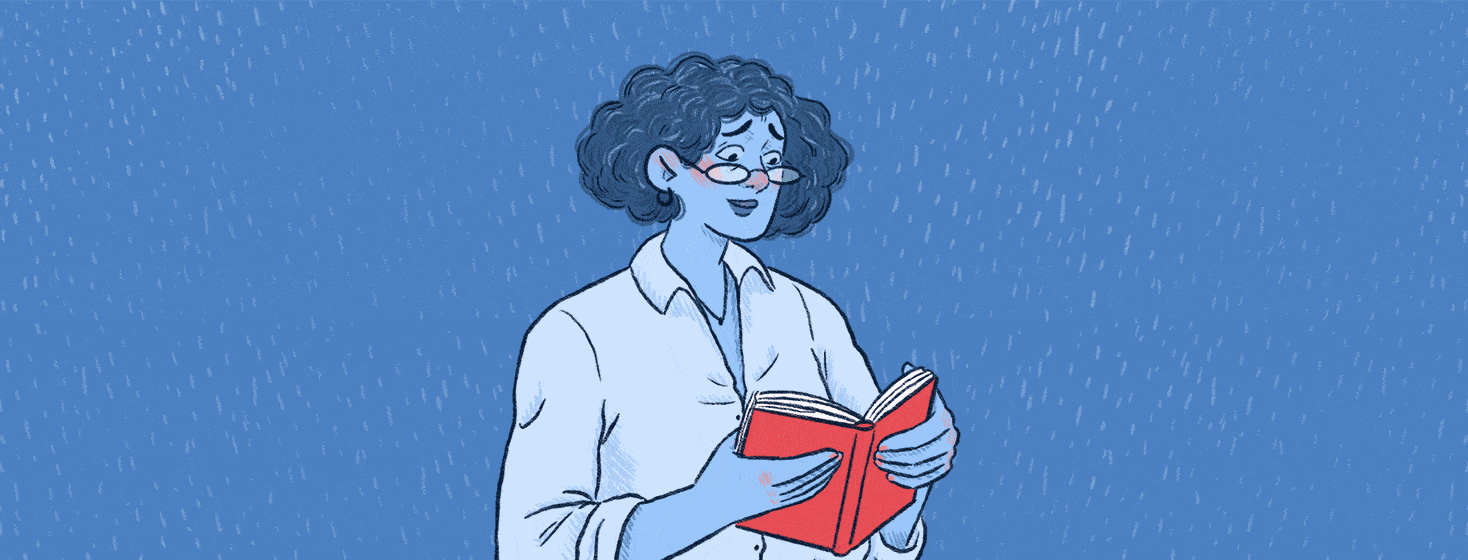Alzheimer’s Book Club: Bittersweet
This one snuck up on me. I did not read Bittersweet by Susan Cain with the intention of writing this post. It was a connection I discovered while devouring this book and its meditation on the way the bittersweet moments in life bring meaning and value to our existence.
And then, I got to the chapter that is wrapped in the story about her, and her mom and I was shook.
Per Merriam-Webster
For the record, bittersweet is pleasure accompanied by suffering or regret, according to the Merriam-Webster definition. As a community, we certainly understand that feeling well. And, as it turns out, Susan is also a part of our community.
The set up
Ms. Cain describes how her relationship with her mother growing up was a bit tumultuous. Her friends didn't understand, given her mom's family experience in the Holocaust and how she had managed to move forward.
"They couldn't understand that my mother and I were so close that she could read my face more accurately than any lie detector test, or that the rules in my house were different from theirs, that to break them was not to commit an adolescent transgression but to destroy my mother's fragile psyche," she describes in the book.
And then, in a moment of impetuousness, or perhaps prescience, a college-aged Susan Cain handed her diaries to her mother to take home with the rest of her things at the end of the semester.
"But of course, upon handing her that stack of notebooks, into which I'd inscribed the story of our great love and its traumatic unraveling, I'd chosen to sever our relationship."
Yes, her mother read her journals. For decades after that, her relationship with her mother was strained, at best.
And then Alzheimer's
Susan grew up, had a family of her own, and at the age of 80 her mother was diagnosed with Alzheimer's disease. The brief description Susan gives of her mother's diagnosis could be any of ours. She mentions repetition and forgetfulness, lack of cleanliness and hygiene, and not eating.
She also describes a change in personality as her mother sheds the layers of coping mechanisms and traumatic experiences she carries alongside her memories. She offers Susan things like, "I just want you to know what a good daughter you've been."
"She's forgotten — truly forgotten — the dark years of my adolescence and all the strained decades that followed. She's sweet and cozy - thrilled to be together, overjoyed to talk on the phone," writes Susan.
Susan's description of her mother continues from there in ways that I felt in my bones. It's a familiar story, watching pieces of your loved one fall away, presenting itself sometimes as unparalleled joy and other times as combative jealousy.
Life's moments
There is just so much to be sad and scared about in this story: genocide, Alzheimer's disease, and decades of a broken relationship between a mother and a daughter. It took a life-altering disease to repair a relationship.
But then there are these days that Susan Cain and her mother experience together. Cozy days. Days filled with love and gratitude and chit-chat. And I get the pleasure that can be found amid the suffering.

Join the conversation